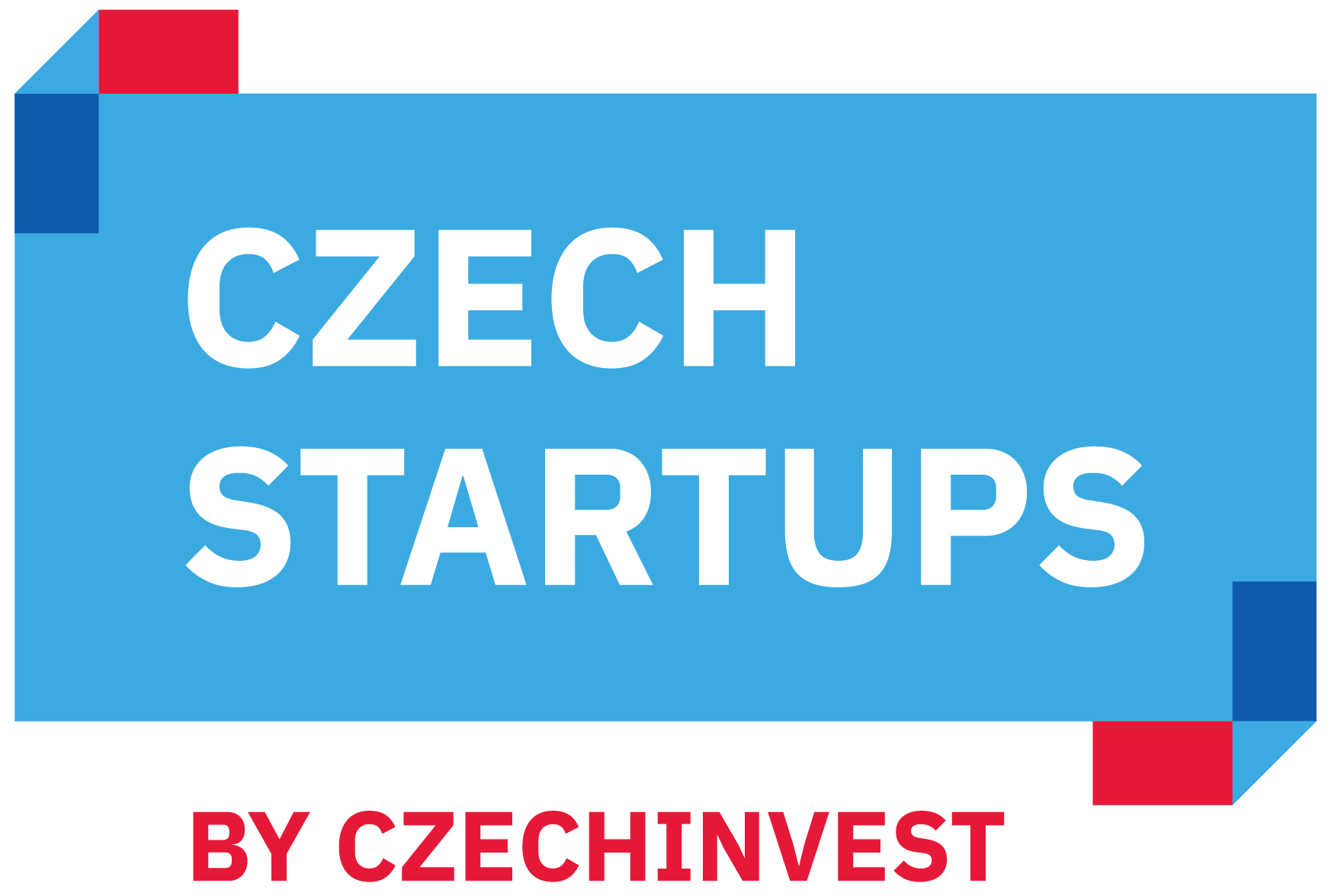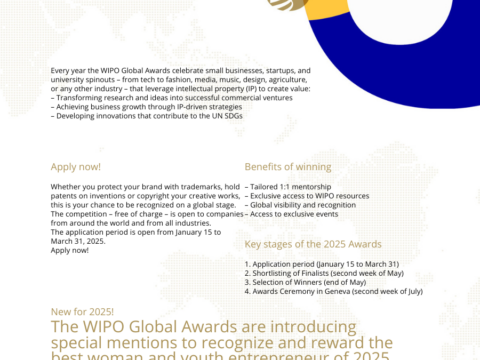Jan Čižmár, founder of the Tolgee startup, has been working on his project for several years. With his team, he is creating a tool that facilitates the translation of applications into different world languages. This easier translation process saves software companies around the world valuable developer time. Thanks to Czechinvest’s Technology Incubation program, they have also developed their AI-based translator that can translate the user interface of applications often better than a human translator.
Tolgee also presents his experience and his skills at various startup events, such as the Startup Festival at the University of Economics or abroad at the first Czech-Taiwanese hackathon. Together with Czech startups Servantes and Unirimi, they won first place there and are now launching the Business Copilot project to help companies break into foreign markets.
1) Honza, what do you see as the biggest advantage of your product over the competition?
Tolgee has several key advantages over the competition. First and foremost is the ability to extract context from the applications being translated and use that context for further translation. Context has been the biggest problem in translating applications until recently. For example, how would you translate the word “save” from English? Maybe „uložit“, maybe „ušetřit“, maybe „zachránit“. But if you don’t know the context, you have to guess. And that’s one of the things Tolgee does much better than the competition. Tolgee adds context to both machine and human translators. Our AI translator, which can handle context, can translate better than a human in most cases. Next year, humans will no longer be needed to translate apps. A machine will do it better than them.
Another advantage is that Tolgee simplifies the whole translation process. A lot of software companies communicate with translators by constantly exchanging emails while working with inappropriate tools, which results in errors and inefficiency. We provide them with tools that make this job as easy as possible.
The third and also very important advantage is that Tolgee is open-source and uses an open-core business model. Anyone can contribute to the Tolgee source code or run it completely free on their computer or a company server. The core is licensed under an open-source license. As a result, we are with our users much earlier than our competitors.
The open-source approach is not yet well-established among Czech startups. However, we are sure that it is the best way to break into the global market and gain a significant market position.
2) Building startups is a challenge and most of them will not pass through the “valley of death”. Could you tell us what has helped you the most to be part of the smaller percentage that survives?
I would say that as long as a company calls itself a startup, it is still in the valley of death in some way. In our case, I’d guess we’re well on our way out of it, but it’s going to be a lot of work. What helps us the most is that we see more and more happy users and customers using our tool and how it makes their jobs easier. That’s what keeps us persevering. It is essential for success.
For about a year and a half, since we founded the company in March 2021, we have only been developing the product and have had no paying customers. That’s a very long time we had to be persistent.
3) What is the biggest driving force for you?
Neither of us is a serial founder looking to make the most money in the shortest amount of time. I founded Tolgee because I was bothered by how poorly software localization had been handled in the twenty-first century. I had struggled with this for years in my previous jobs, and it gradually built up in me a growing desire to solve this thing effectively once and for all.
Well, now I see that my solution, which we are gradually perfecting, works. We are alleviating a great pain for many companies. My team has embraced it, and it’s driving us all forward. And if we can make a lot of money, we’ll be happy.
4) You’re currently incubating in the AI hub’s Technology Incubation program, where you also participated in the first Czech-Taiwanese hackathon, which you won. What exactly did you work on there?
We had something like 24 hours to create a concept that would help Czech companies expand more easily into the Taiwanese market. I was on a team with two other Czechs and two Taiwanese. Which later turned out to be an advantage because we knew both sides of the issue.
We found out that the biggest problems that Czech companies in Taiwan and other distant countries have are firstly identifying suitable buyers and secondly the issue of trust.
During the hackathon, we created the basis of a prototype. We named it Business Copilot. I am happy to say that Václav Soukup has already built a team with which he is turning the project into a real product. It is a project that has a chance to become the next Czech unicorn.
5) Finally, tell us what is the biggest challenge for you now in your personal and professional life.
In my professional life, it’s first and foremost getting investment for Tolgee or reaching a tipping point. I don’t know which comes first, but we are far from reaching profitability. We are gaining traction and slowly starting to see a return on our investment in the new pricing that cost us two months of painstaking development.
In my personal life, I’m focusing on running a sub-4-hour marathon in November. Running has proven to be a great way for me to work through stress over the past few years. I would recommend it to anyone who has decided to start a startup. As LinkedIn cofounder Reid Hoffman said, “starting a company is like jumping off a cliff and assembling a plane on the way down”. A thing like that carries a lot of stress and one has to learn to work with it.
Good luck!
Source: Tolgee






